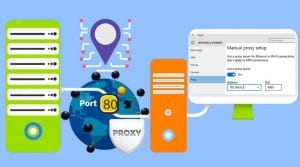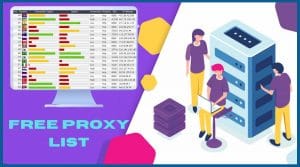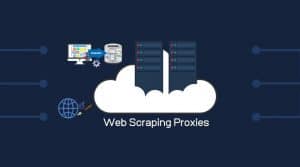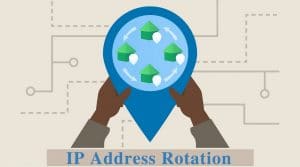What used to be associated with black hat practice has, in recent years, become common for everyday people. VPNs and private proxies became a tool for the masses.
Few of those masses actually had the technical understanding to operate either platform, which means developers have been hard at work to create interfaces that are easy to understand and quick to use.
For those most part, this has worked, especially for VPNs. However, it doesn’t mean that the number of people actually using VPNs or private proxies has a real grasp on how they work.
You just might, because you’re here, having trolled the web for detailed information on the differences between private proxies and VPNs, which one you need, and, more specifically, how to use both of them in conjunction.
I’ll briefly explain the similarities and differences between VPNs and private proxies for context, then dive into why one might need both at the same time, and how to use them in conjunction.
VPNs and Private Proxies: How Are They The Same?
Well, they are, and they aren’t. It’s not a strict answer because each similarity has a slight difference.
This is typically what happens where technology is concerned. Users want a great degree of functionality, and developed each of these methods to achieve those very specific functions.
Privacy
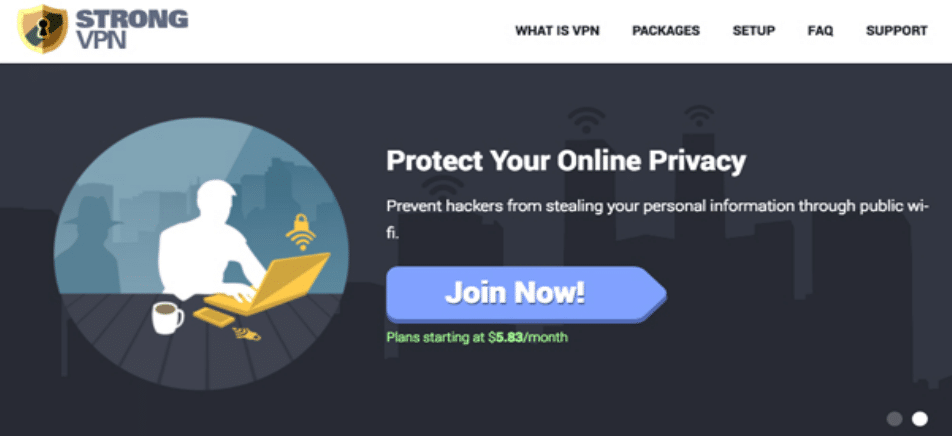
VPNs and private proxies were made to hide your IP address from snooping eyes, change your geolocation, and generally browse the web anonymously.
They do this by opening a secondary receiving point for your internet access. Instead of you sending out a request to the Internet directly, the VPN or proxy receives the request, processes it, then sends it out on your behalf. It also sends the information back to you in that way.
On a basic level this means your request was never sent by you, which is why proxies and VPNs are touted as security features.
Paid and Free Versions
Each service has paid and free options, and in both cases, I recommend paid every single time. If you go the free route you open yourself up to malware, questionable contracts, and a much slower connection.
Making the investment for proxies is a real step — if you’re running a business you have to crunch the numbers, and if you’re getting one (or both) for personal purposes you’ll need to look at it like another entertainment subscription, i.e. Netflix or Amazon Prime.
Versatile
While each method has its own specific uses, both private proxies and VPNs are very versatile. They can be tweaked in a huge number of ways to function for multiple purposes at once, fulfilling roles for many different practices, like torrenting, scraping data, and running marketing campaigns where anonymity is what’s necessary.
With all this versatility and similarity in mind, it is the differences that makes VPNs and private proxies specific to different kinds of users. It’s also the differences that make both of them necessary to use at the same time for certain scenarios.
Private Proxies and VPN Differences
When thinking about using each of these at the same time, it’s important to understand the differences. These are, in many ways, the reason one would want to use both services.
One IP vs Many IPs
The main difference between proxies and VPNs is the number of IPs you’re buying.
With proxies, you are literally paying for one or more IP addresses that you can access. About 99% of the time people buy more than one — that’s kind of the whole point. Private proxies often come in batches of 5, 10, 25, 50, 100 and up, and that number literally corresponds to an IP address.
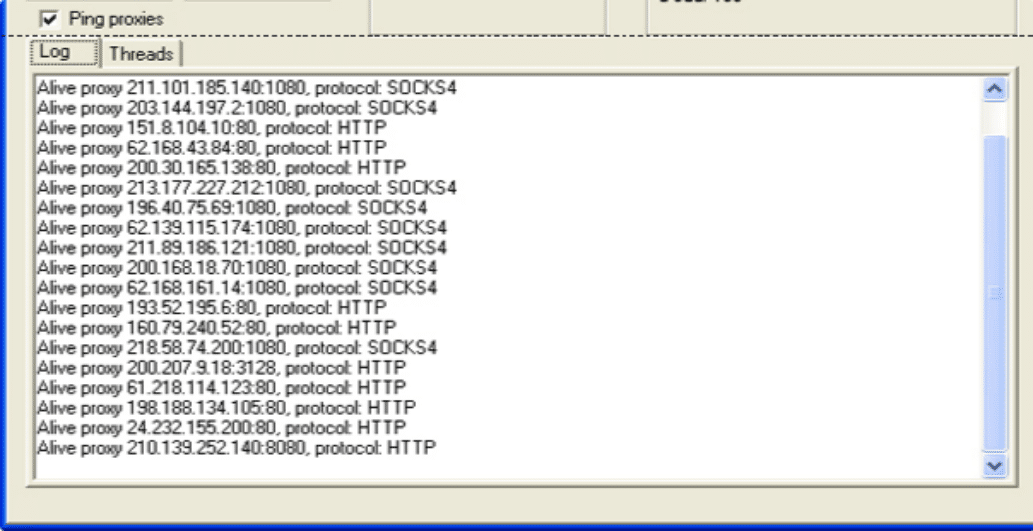
VPNs are the exact opposite. Most of the time the VPN service you’re using will give you just one IP address that is different than your own. This IP address can sometimes be changed upon request, but it’s rare that you’ll get one that changes frequently, or a batch of them to use.
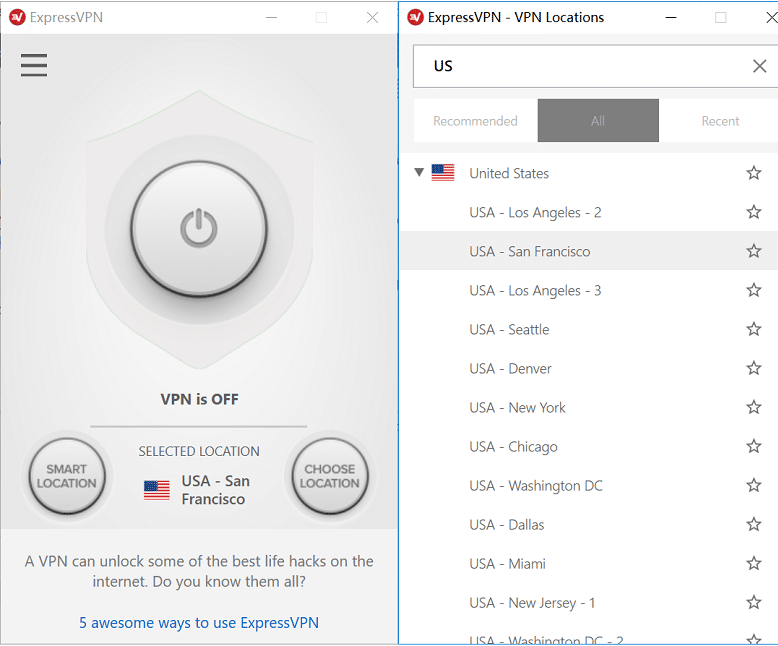
This difference is huge and is the genesis for many other differences, but it’s also the reason for using both VPNs and proxies is a good idea in certain scenarios.
Browser Traffic vs. All Traffic
One of the main differences between VPNs and private proxies is what type of traffic they’re able to receive and send.
Proxies
Proxies were designed to only work with browser-based traffic. That means Chrome, Firefox and the like all work with standard HTTP and HTTPS proxies (SOCKS is different).

Browser-based traffic is very important, and what a lot of users are looking for, but as you can probably tell it’s a little limiting.
VPNs
On the flip side are VPNs, which works for all your internet traffic. That includes traffic from software applications on your computer, your internet browsers and more — VPNs can receive the information from every part of your computer and send it back to you.
Anonymous vs. Secure
The third and final major difference between proxies and VPNs is the difference between anonymity and security.
Note: Anonymity does not imply security.
Proxies
Proxies provide anonymity. They hide your IP address and, as I said before, you get huge batches of IP addresses to continually keep yourself anonymous. You rotate them out when they’re burnt, or just because you need to keep them from being traced. This hides your actual IP address.

However, this anonymity isn’t totally safe, and therefore it’s not secure. The data transferred between your browser, the proxy, and the internet is not encrypted, which means it can be looked by anyone with enough tools. This could be a hacker, or it could be the NSA.
In most cases proxies are enough to keep the digital hounds off your back, but if you’re performing more sensitive acts with information you really don’t want to go public, turn to VPNs.
VPNs
As you can probably guess, VPNs are secure. The connection process for VPNs is based on different technology, which means the connection you make to the VPN, and that the VPN makes it to the internet, is inherently encrypted.
This is due to the singular, impenetrable tunnel, created when you open the VPN connection. Thus, all your data is safe.
One caveat: the VPN itself can read your data because it has to decrypt it in the middle to send it back to you. This makes it essential to find a VPN service that doesn’t keep logs — if you don’t, you might find yourself in the midst of a lawsuit.
Using Private Proxies and a VPN Simultaneously
With some clarity on these differences the purpose of using both a VPN and multiple private proxies at the same time is hopefully becoming clear.
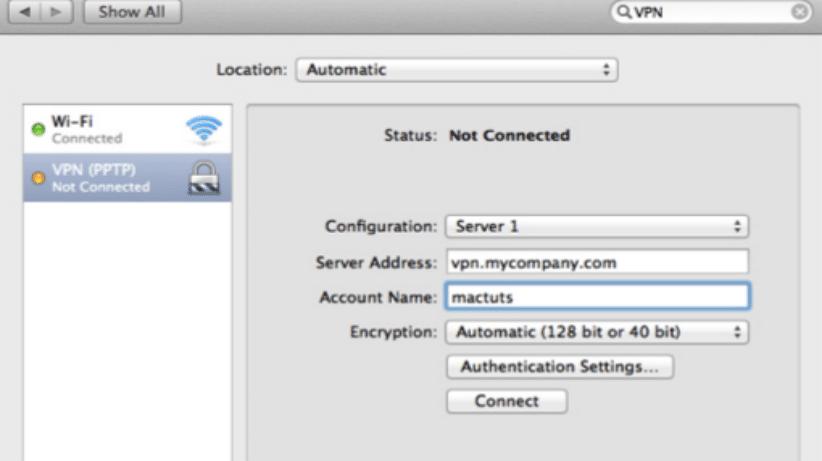
Basically, you can perform different actions with each service, and therefore a person who downloads a lot of questionable material, utilizes scrapers heavily, and dabbles in the deep world of internet usage will need both.
Doing this can have its complexities, but overall is simpler than you might think.
Turning Everything On and Off
There is no rule that says once you have paid for a VPN or private proxy that you have to use it. Both services have on and off switches (literally, in the case of most VPNs).
To use private proxies you typically enter them into your browser settings, computer network settings, or a third-party application like ScrapeBox. You can disable the use of the proxies at any time — just remember that once you do, your browsing will be from your own ISP IP.
VPNs are typically bundled together with software. You download the software, sign up with your login information, and run the VPN service from that application. There is usually a large “on/off” switch in the VPN, and then many more specific settings for how and when you want the service to run.
The most basic version of utilizing both VPNs and private proxies is to switch them on and off when you’re doing different functions.
This may sound silly in a way, but it’s really not. One of the issues with VPNs is that it can seriously slow down your speed. The amount of time it takes to encrypt your information, send it to a separate service, send it out to the internet, encrypt that information, and proceed to move the information back to you is not an immediate journey.
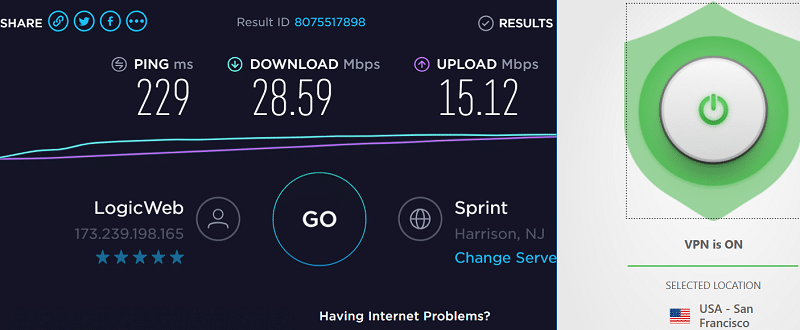
This slow down is unacceptable for some users, especially at peak hour times when lots of customers are using the VPN’s servers.
For example, you’d probably want to turn off your VPN service when you are running ScrapeBox. There’s no need for ScrapeBox to have each of your proxies pushed through a VPN service as well. The proxies themselves are anonymous enough for ScrapeBox actions, and a VPN will just slow you down.
On the flip side, say you’re downloading a torrent for torrent sites like KickAss. Typically you have your browser set up to use a proxy. But, because you don’t want the torrent file associated with you (even though it alone isn’t damaging), you can turn on your VPN and turn off your proxy. This will make sure that data is still untraceable, and this time encrypted, so there will never be a record of you have downloaded it.
Being Selective
Each platform suits a different kind of purpose.
If you’re torrenting, make sure your VPN is turned on and rolling before opening uTorrent, Lean the best VPN or proxy for torrenting here. This way all your data is encrypted and secure, and you won’t get a copyright notice a few weeks (or months, or years) from now.
If you’re creating tons of email accounts or spamming comments for your new blog (not a practice I recommend in general), do not use your VPN. You’ll want to use private proxies because you need a separate IP address for many of those creations and comments.
Because a VPN only gives you one IP address, you also don’t want it associated with any of those overused, spammy practices. Sure, you will be protected because the data is encrypted, but the IP address is still one your VPN owns. They will have to continually change your IP address if you get it banned too frequently, and most VPNs don’t want to deal with that.
Running a Private Proxy and VPN Simultaneously
The final option is to turn on both your private proxies and VPN at the same time.
What exactly will this do?
It will increase the overall security of actions online, which is helpful for a lot of people. But it’ll also slow down your connection speed, because of the time it takes to go through both protocols and encryption.
Some VPN services sell proxies with their platform, and in the case it’s easy to use both, and there are instructions or help desks you can reach out to.
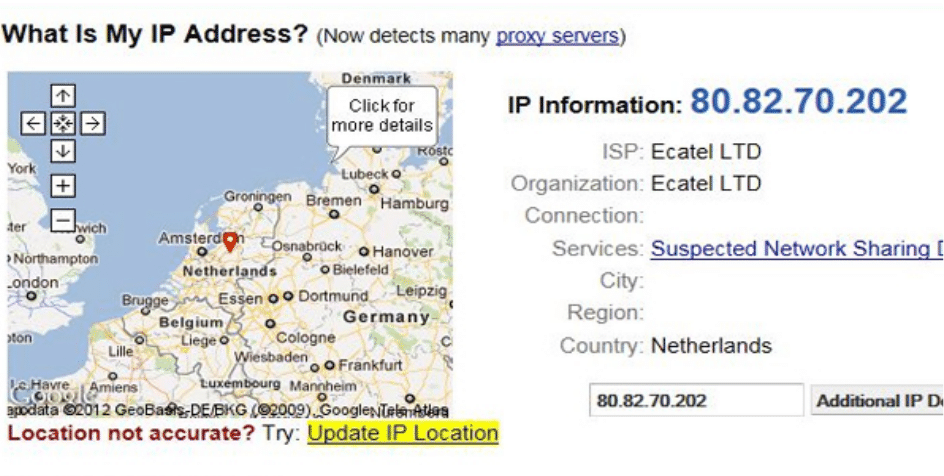
If you have proxies that are separate from a VPN, you can still use both.
It’s most common in a scenario where you’re using an application, like ScrapeBox. Turn on your VPN, set up ScrapeBox will all your proxies, and start running. If for some reason a proxy goes bad, isn’t fully anonymous, or is traced back to you in some other way, instead of seeing your actual IP address the VPN’s IP address will show up.
The scenario can change depending on what action you’re performing, but it always adds that extra layer of security.
If you’re really concerned about privacy and the mechanics of linking proxies and VPNs together, look into creating a ProxyChain, which will allow you to structure the routes that these packets of data go through.
Need Both?
It’s a good question and one that only you can determine.
I’d say that for most users, no, you don’t need both. But if you do need both, you might as well run both at the same time for increased protection, as long as it’s not streaming video or something that requires a quick connection.
This all comes back to whether or not you can afford them. If you can, go for it.

